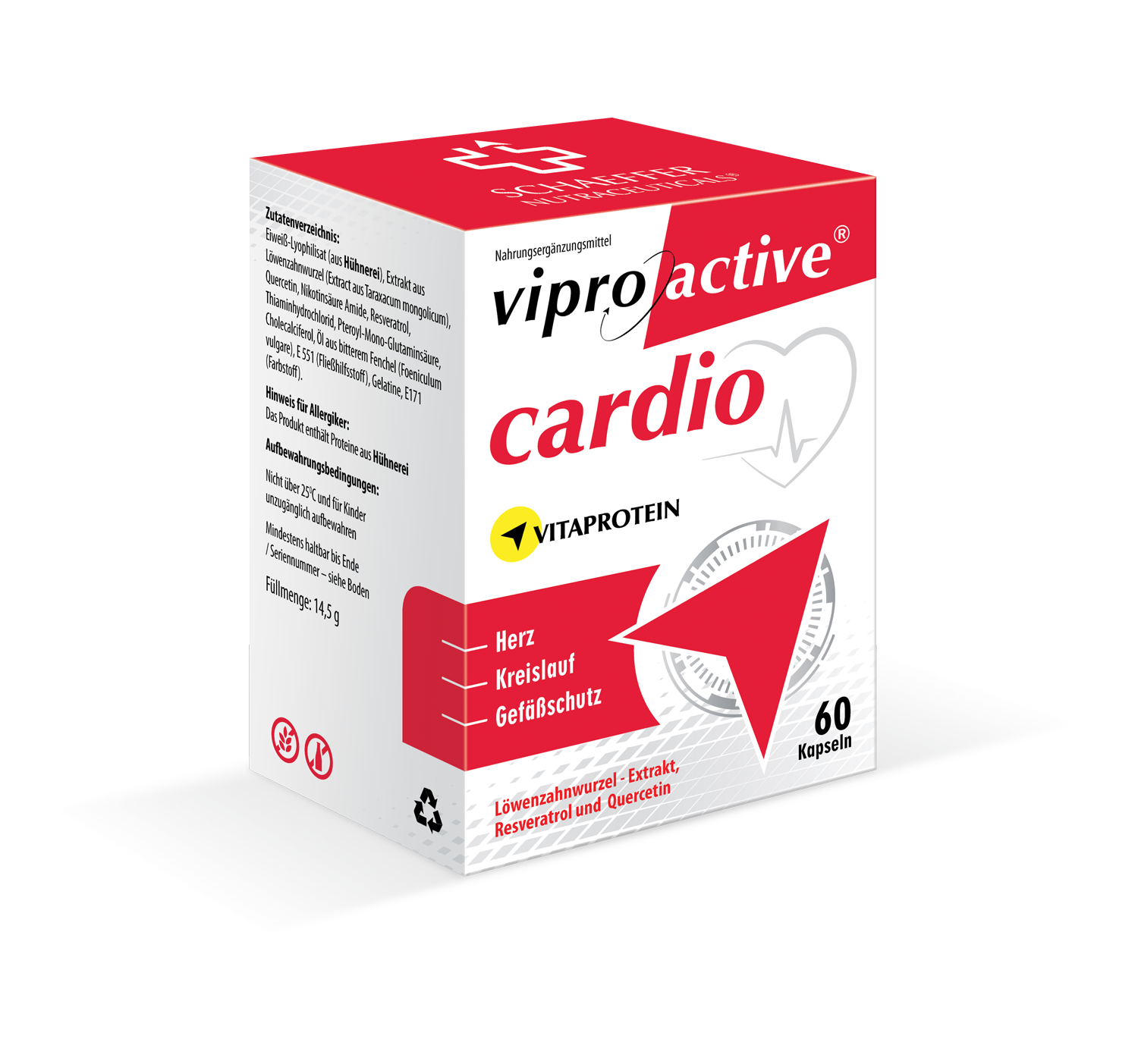Cardiovascular disease, a term that covers both heart conditions and stroke, has been the world’s leading cause of death for decades, claiming about a third of all lives.
Lifestyle changes and annual check-ups can reduce the risk substantially, but unfortunately millions of people stick with unhealthy routines, becoming ticking time bombs.
The keys to maintaining a healthy heart are eating well, exercising, not being overweight, not smoking, and having regular doctors’ check-ups of your heart-related vital signs — cholesterol, blood pressure and blood-sugar levels.
In this day of processed foods, eating heart-healthy is so vital that groups such as the American Heart Association not only trumpet the importance of a lean diet, and tell you what foods to choose to get there, but even prepare recipes for you. The focus is on fresh fruits, vegetables, fish and lean meats. Changing your eating habits can immediately begin lowering your weight and improving your vital signs — and make you feel better.
So will exercising. Different types of exercise do different things for you. Lifting weights will strengthen your muscles and bones, for example. The best heart exercises are those that get your lungs as well as your heart pumping — the cardio regimens. Think brisk walks, running, cycling, playing basketball or tennis, even rowing.
Eating right and exercising will combine to reduce obesity, a major risk factor for a heart attack or stroke. Researchers at the University of Glasgow in Scotland discovered that middle-aged men who are obese have a 60 percent higher chance of dying of a heart attack than men of average weight, even when controlling for cholesterol, high blood pressure and other risk factors.
Most of us know smoking increases the risk of developing some kinds of cancer. It also more than doubles the risk of dying from cardiovascular disease, studies have shown. So kick the habit, please.
High cholesterol, blood pressure and blood sugar also increase your chance of dying from a heart attack. Have regular check-ups so your doctor can help you reduce these risks if they’re too high. Remember that such risk levels rarely drop on their own. If anything, they will increase over time. So make sure you have them checked at least once a year — and more often if your doctor recommends it.
A heart-healthy diet supplement can offer you added protection against cardiovascular disease. By improving cardiovascular system balance, Schaeffer Nutraceuticals’ viproactive cardio, which is based on Nobel Prize-winning nutrient-delivery research, helps protect you against heart disease and stroke.
